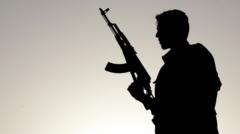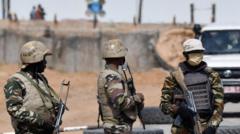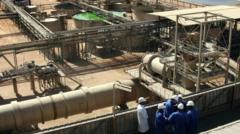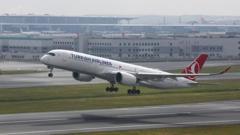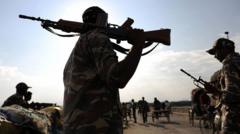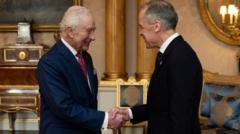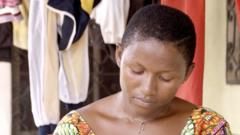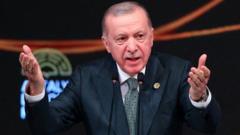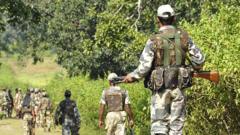The Kurdistan Workers' Party (PKK) is disbanding its armed struggle against Turkey following a call from its imprisoned leader, Abdullah Ocalan. This decision ends a conflict lasting over 40 years, which has seen significant violence and loss of life.
PKK's Disbandment Signals a Major Shift in Kurdish-Turkish Relations

PKK's Disbandment Signals a Major Shift in Kurdish-Turkish Relations
The Kurdistan Workers' Party has announced the end of its armed insurgency, a move that could alter political dynamics in Turkey and beyond.
The Kurdistan Workers' Party, commonly known by its acronym PKK, made a groundbreaking announcement on Monday, stating that it will disarm and officially disband, effectively concluding a decades-long armed conflict with the Turkish state. This pivotal decision follows a plea from the group's imprisoned leader, Abdullah Ocalan, encouraging followers to end the insurgency.
The PKK, which originally aimed for an independent Kurdish state within Turkey, has shifted its focus in recent years towards advocating for greater rights and autonomy for the Kurdish population in Turkey, which constitutes approximately 15% of the country's populace. Over the years, the conflict has claimed the lives of more than 40,000 individuals, involving numerous incidents of violence against both military and civilian targets as well as extensive Turkish military responses.
The ramifications of this disbandment could significantly influence Turkish politics and resonate across neighboring regions, potentially reshaping the dynamics between the Turkish government and its Kurdish citizens. Additionally, the global perspective on the PKK, currently designated a terrorist organization by Turkey and various nations including the United States, may evolve as this situation unfolds.
In light of recent developments, many are left wondering what the future holds for the Kurdish population in Turkey, the ongoing relationship with the Turkish government, and how previous attempts at peace will inform this new chapter. Personal and political relationships, the impact of Ocalan's leadership, and the response from both local and international actors remain critical conversations as the region navigates this crucial juncture.

